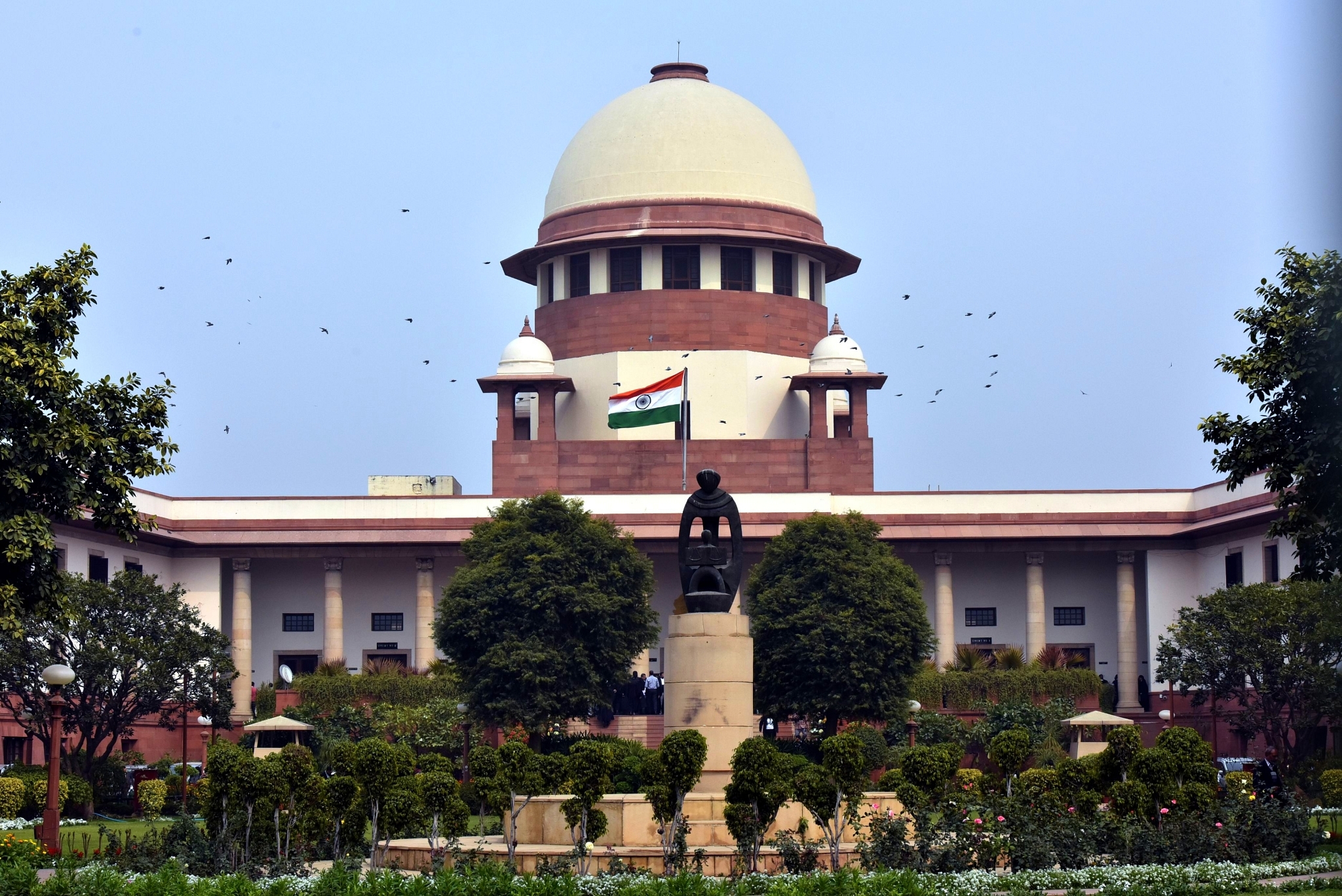
Judges No Experts To Encroach Field Of Economic And Fiscal Regulatory Measures: Supreme Court
The Supreme Court on Tuesday (23 March) said it is neither within the domain of the courts nor the scope of judicial review to embark upon an enquiry as to whether a particular public policy is wise or whether a better policy can be evolved.
The observation from the top court came as it ruled that no penal or compound interest would be charged on any loans, including those above Rs 2 crore, during the six-month moratorium announced by the government against the backdrop of the Covid-19 pandemic.
A bench comprising Justices Ashok Bhushan, R. Subhash Reddy, and M.R. Shah said: "Economic and fiscal regulatory measures are a field where Judges should encroach upon very warily as judges are not experts in these matters."
The court cannot interfere with the economic policy decisions on the ground that either they are not sufficient or efficacious and/or some more relief should have been granted, it added.
The bench noted that courts are not inclined to strike down a policy at the behest of a petitioner merely because it has been urged that a different policy would have been fairer or wiser or more scientific or more logical.
"Wisdom and advisability of economic policy are ordinarily not amenable to judicial review," it held.
The bench said in the catena of decisions and time and again, the top court has considered the limited scope of judicial review in economic policy matters.
"The court will not debate academic matters or concern itself with intricacies of trade and commerce," it said as it turned down a plea seeking extension of moratorium beyond August 31, 2020.
The bench said the court cannot strike down a policy decision taken by the state government merely because it feels that another policy decision would have been fairer or wiser or more scientific or logical. The court can interfere only if the policy decision is patently arbitrary, discriminatory, or mala fide, it said.
"It is further observed that in the case of a policy decision on economic matters, the courts should be very circumspect in conducting an enquiry or investigation and must be more reluctant to impugn the judgment of the experts who may have arrived at a conclusion, unless the court is satisfied that there is illegality in the decision itself," it said in the 148-page judgment.
The bench said the function of the court is not to advise in matters relating to financial and economic policies for which bodies like the RBI are fully competent.
"It would be hazardous and risky for the courts to tread an unknown path and should leave such task to the expert bodies," it noted the top court, as it declined to direct the Centre to provide sector-wise relief for various industries, and businesses over and above the different packages already announced.
This news has been published via a Syndicated feed. Only the headline is changed